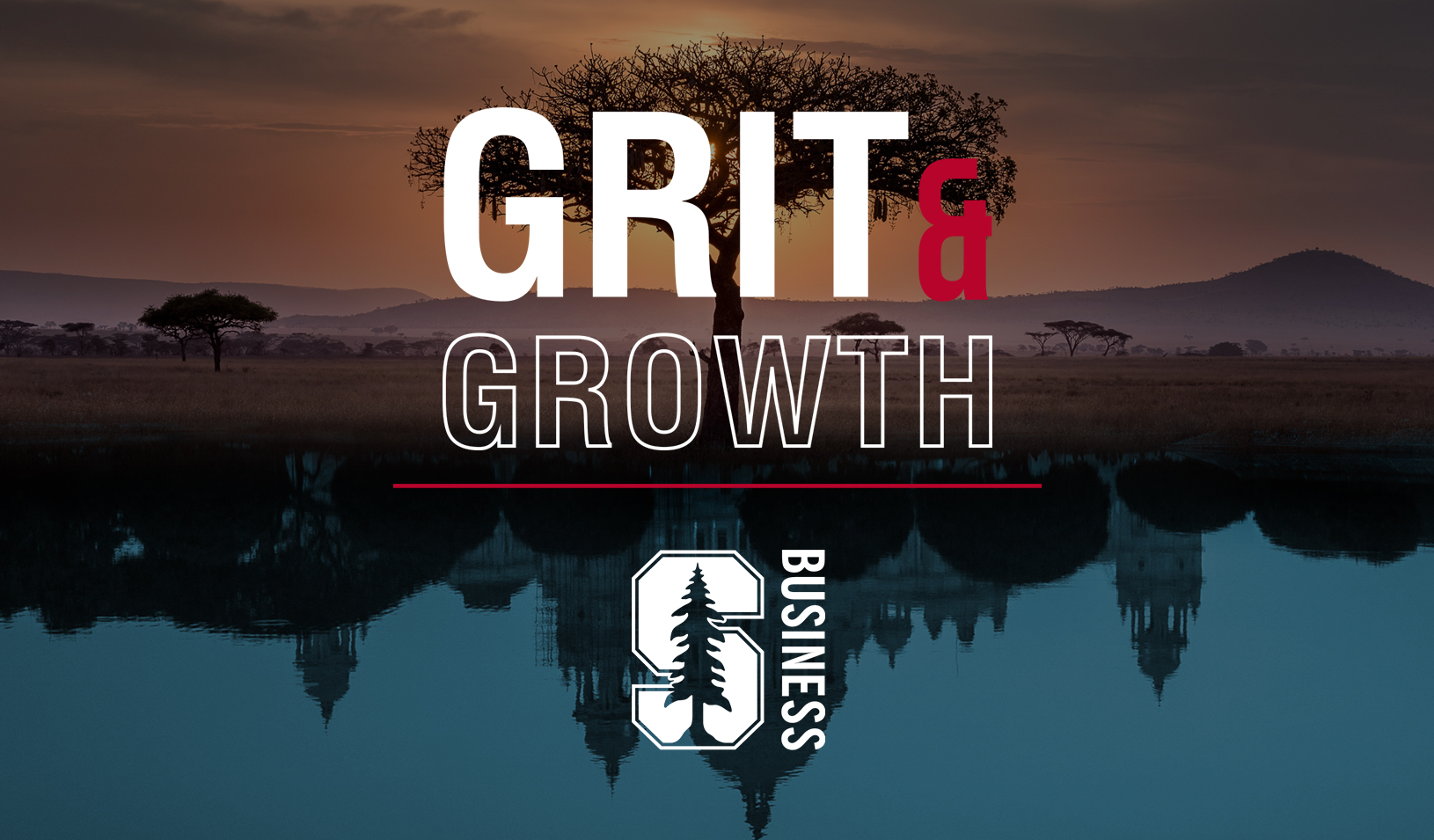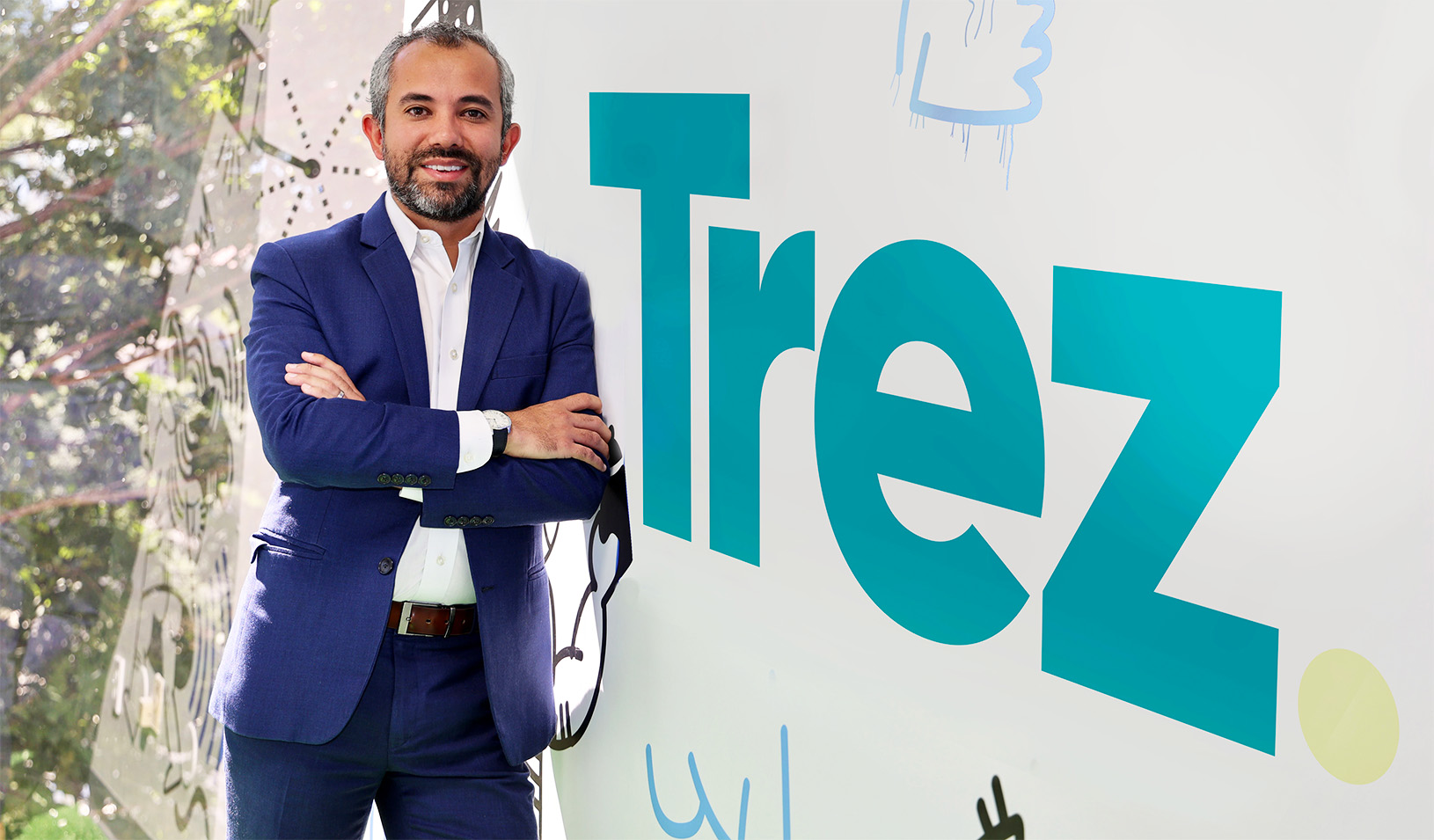
Successful tech entrepreneurs often defy common wisdom to pursue tainted markets. | Reuters/David Gray
The tech landscape is lush with entrepreneurs whose success blossomed only after the founders had modified or even abandoned their original vision. Facebook became something quite different from the Harvard-specific social connection site created by Mark Zuckerberg. Airbnb? That short-term housing rental juggernaut started as a way for people to find roommates. What eventually became the ride-sharing app Lyft originally offered carpooling software for large companies.
“It’s almost always the case that the greatest firms are discovered and not planned,” says William P. Barnett, a professor of business leadership, strategy, and organizations at Stanford’s Graduate School of Business.
That’s one conclusion from a study Barnett co-authored with colleague Elizabeth G. Pontikes of the University of Chicago. They decided to gauge entrepreneurial success rates by researching the early choices made by software entrepreneurs operating in 4,566 organizations in 456 different market categories over 12 years.
They focused on the software industry because it’s filled with producers and investors constantly racing to identify the next big thing, and studied how big successes and spectacular failures affect the willingness of entrepreneurs to dive in. They also analyzed how those budding businesses eventually fared. Did they exit the market? Did they generate investor financing? Did they go public?
Barnett and Pontikes found that entrepreneurs who were willing to adapt their vision and products to find the right market often did the best. They also found that those who followed the herd into perceived hot markets, or “consensus” entrants, were less viable in the long run than those who made “non-consensus” choices by defying common wisdom and entering markets that were tainted by failures and thus regarded as riskier.
“We know from studies of human behavior that, as social beings, we want to resolve uncertainty,” Barnett says. “We do that not by doing objective research but by looking at each other.”
That has clear implications for business leaders, he says. “They need to ask if the people who report to them are being quiet about their non-consensus ideas. If the answer is yes, then a leader has to wonder what that says about their leadership if people are afraid to suggest counterintuitive strategies.”
Barnett also says that many of the tech world’s most historic success stories can be traced back to entrepreneurs who pursued a vision that ran counter to accepted wisdom. “If you want to find a unicorn,” he says, “listen for the buzz and run the other way.”
For example, Barnett says Apple continued to pursue handheld technology despite the failure of the Apple Newton, a balky handwriting-recognition device that was released in 1993 to general mockery, including in cartoonist Garry Trudeau’s “Doonesbury” comic strip. Barnett notes that “the Newton’s failure quickly stigmatized the market for smart, handheld devices, making similar innovations taboo for a number of years.”
Apple’s Steve Jobs killed the Newton in 1998 but saw potential in the concept, which eventually led to the 2007 introduction of the industry-changing iPhone and the 2010 introduction of the iPad.
Of course, when non-consensus ideas fail, they often fail spectacularly, which in turn can inhibit risk-taking by others. “The fear of being a fool is stronger than the hope of being a genius,” Barnett says. “So we tend to shy away from non-consensus moves, because we understand the world will look at our errors as if we’re a complete idiot.”
But if humans are bad at predicting, he adds, we’re great at “retrospectively rationalizing” to explain why a business or product succeeded or failed. He says Jobs was particularly good at this, paraphrasing Jobs’ 2008 Stanford commencement address in which the Apple co-founder said, “You can’t connect the dots looking forward, only looking backward.”
Nearly every move Jobs made at Apple turned out to be different from what he intended, Barnett says. “These ‘geniuses’ — we think they knew, but they didn’t.”
One thing that wildly successful entrepreneurs like Jobs and Zuckerberg did understand, Barnett says, is how to put together systems “that could discover the future, that allowed for uncertainty, that ferreted out possibilities. Then they doubled down on those discoveries.”
For media inquiries, visit the Newsroom.





